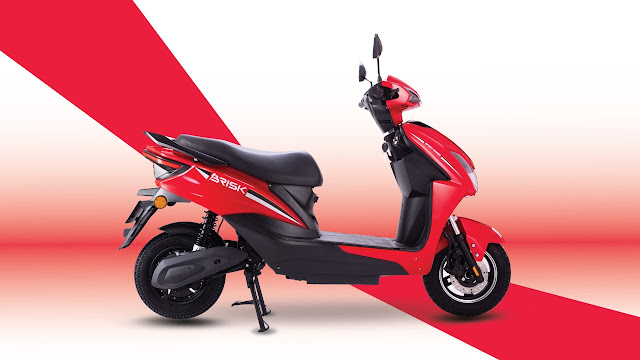Electric two-wheelers are becoming more and more popular in cities, offering a greener option to more conventional forms of transportation. Electric scooters and motorcycles are particularly useful and effective options among these. We'll go over the main distinctions between electric bikes and scooters in this study so you can decide which one is best for you and your commute.
Electric Bikes: Versatility Powered by Pedals
1. Pedal Support:
Pedals on electric bikes, often known as e-bikes, let riders switch between pedaling by hand and using electricity for propulsion. Because of their adaptability, e-bikes can be used by a variety of users, from those searching for easy commuting to those wanting for a light workout.
2. Extended Range:
In comparison to electric scooters, e-bikes usually have a greater range between charges. This is so that riders may contribute to the total propulsion and increase the battery life and range of the vehicle thanks to the pedal-assist feature.
3. Bicycle Infrastructure:
E-bikes can utilize the bike lanes and racks that are currently in place. This may prove beneficial in urban environments where bicycle lanes are more common than scooter lanes.
4. Fitness Benefits:
Since e-bikes allow users to pedal, they offer fitness benefits. In order to encourage a better lifestyle, commuters can opt to exercise while still taking use of electric assistance's ease.
Electric Scooters: Small Size and Agile
1. User-Friendliness:
Electric scooters are renowned for their user-friendliness and simplicity. Because they usually don't need to be pedaled by hand, they're an easy choice for riders who want a hassle-free commute.
2. Compact Design:
Scooters are a great option for getting around in traffic, crowded cities, and parking lots because they are frequently lighter and more compact than e-bikes.
3. Fast Acceleration:
Electric scooters frequently have a high acceleration, making it possible to move quickly through traffic. For brief errands and short commutes, this can be helpful.
4. Portability:
The ability to fold up many electric scooters adds to their portability. Scooters are more convenient for users who might need to park their car in a confined location or combine their ride with public transportation thanks to this capability.
Factors to Take into Account When Selecting
1. Distance and Range:
An e-bike might be a better option if you commute longer distances every day.
An electric scooter might be more practical for short outings and short commutes.
2. Preferences for Physical Activity:
An e-bike can be a better option if you like to commute actively and would like to be able to pedal.
If you prefer a more powered and laid-back commute, an electric scooter might be a good fit for you.
3. Storage and Portability:
Take into account the necessity for portability as well as storage space; folding scooters are useful in small living areas.
E-bikes' bigger frames can necessitate additional room for storage.
4. Infrastructure and Regulations:
Regarding the usage of scooters and e-bikes on public roads and bike lanes, check local laws.
Take into account if your community has infrastructure specifically designed for bicycling.




.webp)
